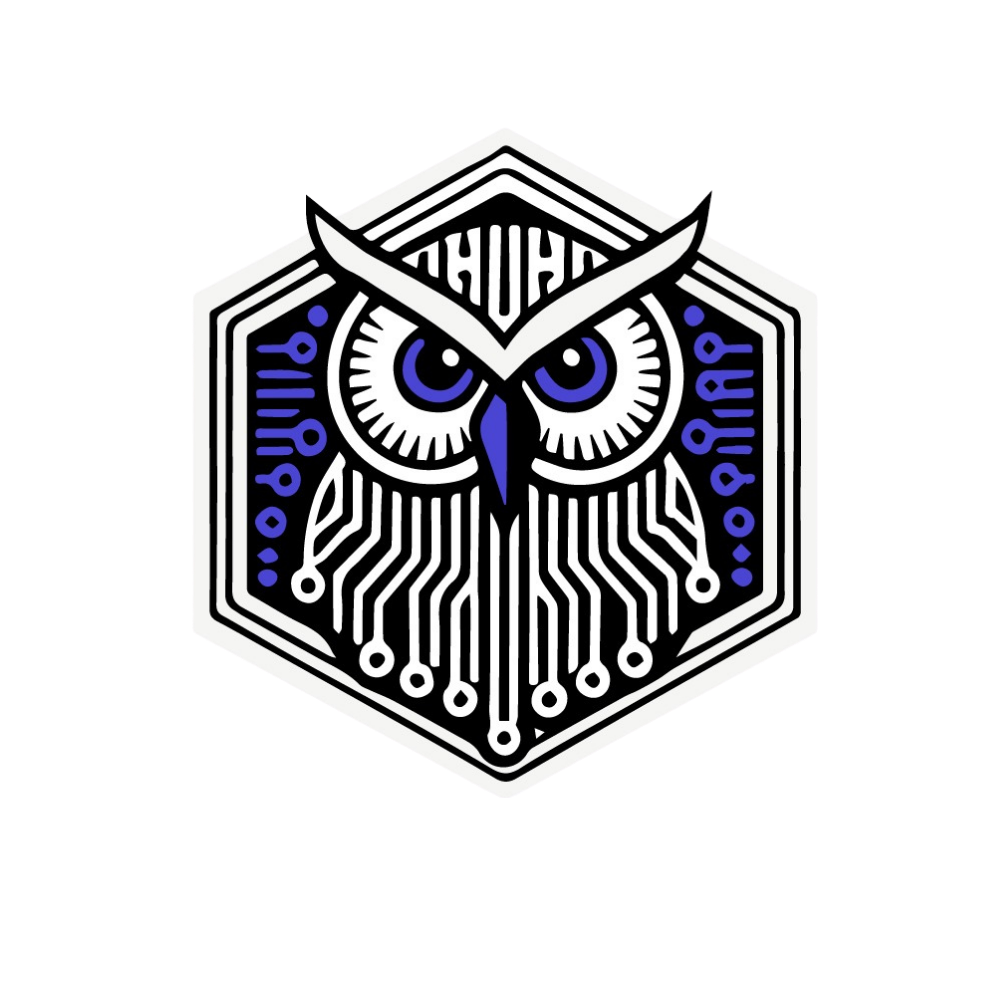WisemanCyberSec ISO 27001 Lead Auditor
Training Course
Duration: 32 Hours (typically 5 days)
Mode: Instructor-Led Live Online or Classroom
Format: Lead audits of ISMS as per ISO 27001:2022 & ISO 19011—covering audit planning, execution, reporting, follow-up and corrective actions
Includes: CQI/IRCA-recognized course, auditor toolkits, case-study exercises, final exam & certificate of completion
Course Overview
Our ISO/IEC 27001 Lead Auditor training covers the latest 2022 version of the standard. ISO/IEC 27001 is the internationally recognized framework for establishing, implementing, and continually improving an Information Security Management System (ISMS). In this course, you will learn to apply ISMS requirements and risk treatment processes in real organizations, and follow ISO 19011 audit guidelines for planning, conducting, and reporting audits Upon completion, you’ll be ready to pursue Lead Auditor credentials (PECB, TÜV SÜD/Exemplar Global) to demonstrate your audit competency.
Key Highlights
Designed by industry experts and aligned with ISO/IEC 27001:2022 requirements
Focus on the full audit lifecycle: audit planning, execution, reporting, and follow-up following ISO 19011 standards.
Hands-on information security audit training with real-world scenarios, including case studies, exercises, and role-playing to reinforce skills
Practical auditor templates and checklists provided for immediate application (e.g., risk registers, audit plans, nonconformity reports).
Prepares you for Lead Auditor certification exams (PECB Lead Auditor, TÜV SÜD/Exemplar, etc.) after the training
Continuous learning support: lecture summaries, practice tests, and lifetime access to course materials.
GET A FREE DEMO CLASS
Skills You’ll Learn
– Understand ISMS concepts, clauses, and the Plan-Do-Check-Act approach to security management
Learn to establish, maintain, and improve an Information Security Management System.
Conduct information security risk analysis and develop treatment plans
Define audit scope, objectives, and develop audit checklists; manage audit logistics.
Conduct interviews, observations, and evidence collection effectively.
Identify, classify, and document major and minor audit findings.
Compile concise audit reports with clear findings and recommendations.
Apply global audit principles for planning, performing, and closing audits
Coordinate audit teams and present findings professionally to stakeholders.
Gain exam tips and review competency domains needed for the ISO 27001 Lead Auditor certification
Why Choose WisemanCyberSec
Expert Instructors
Learn from seasoned cybersecurity auditors who bring real-world insights.
Hands-On Approach
Interactive labs and case studies make learning practical and engaging
Wiseman-Designed Curriculum
Our content is tailor-made to cover exactly what lead auditor certifications require.
Templates & Tools
Exclusive auditor resources (checklists, audit report samples, ISMS documents) are provided.
Career Support
We provide interview preparation, CV review, and personalized mentorship to help launch your career
Proven Results
WisemanCyberSec trainees succeed in earning globally recognized certifications and roles in IT security governance.
Upcoming Batch Details:
|
Start & End Date
|
Batch Dates
|
Days
|
Timing (IST)
|
|---|---|---|---|
|
Nov 15th - Dec 14th
|
Nov 15,16,22,23,29,30, Dec 6,7,13,14
|
Weekends
|
9 AM - 1 PM
|
Limited to 10 participants per batch to ensure focused attention and better learning.
Who Should Enroll
Information security auditors and ISMS managers seeking to lead compliance efforts.
Entry-level IT, security, or risk professionals transitioning into audit and compliance roles.
IT managers, consultants, or compliance officers responsible for implementing or auditing ISMS.
Technical experts or engineers aiming to validate their knowledge with a lead auditor credential.
Anyone passionate about information security and governance, with or without prior audit experience
Prerequisites
This course assumes only basic IT literacy. A fundamental understanding of ISO/IEC 27001 and general audit concepts is recommended. We will review essential principles so that all learners can engage fully from day one.
Course Curriculum
Introduction to ISO/IEC 27001:2022 & ISMS
Overview of the standard, scope, context, and core requirements
Audit Principles & ISO 19011
Audit concepts, ethics, and methods in line with ISO 19011 guidelines
Planning the Audit
Defining audit scope, objectives, criteria, and developing checklists.
On-Site Audit Techniques
Conducting interviews, observations, and document reviews during an audit.
Risk Assessment Workshop
Hands-on exercise in identifying and evaluating information security risks.
Compliance Mapping
Mapping organizational controls to ISO 27001 Annex A.
Identifying Nonconformities
Exercise to recognize and categorize audit findings.
Audit Reporting
Crafting audit reports and recommending corrective actions.
Hands-On Practice & Templates
We reinforce learning with practical exercises using real audit tools.Students work with sample checklists, risk registers, audit plans, and ISMS templates. Lecture sessions are paired with case studies and role-playing exercise. You will conduct a simulated internal audit using these materials, giving you confidence to apply the techniques in your own organization.

Career Support
WisemanCyberSec goes beyond training. In addition to technical skills, we offer guidance on your career path in auditing and compliance. Benefit from our career services: personalized interview coaching, resume/CV feedback, and advice on certification pathways and job opportunitieswisemancybersec.com. We ensure you are not only certified but fully prepared to pursue roles like Lead Auditor, ISMS Consultant, or Compliance Manager.
Lead audits with global standards:
• Audit planning, reporting, corrective action workshops
Seats limited—reserve today!
Includes: Auditor toolkit for prompt registrants
Frequently
Asked Questions
Professionals who plan to lead or participate in ISMS audits: auditors/consultants, CISOs/ISMS managers, compliance/GRC teams, IT/security leads, and anyone preparing for a Lead Auditor credential.
Basic familiarity with information security and management systems helps (e.g., ISO concepts, risk, controls). Audit exposure is a plus but not mandatory—we cover fundamentals before deep-dive audit practice.
Plan and conduct Stage 1 & Stage 2 audits, evaluate ISO 27001 clauses & Annex A controls, sample evidence, write non-conformities (NCRs), report findings, and lead closing & follow-up activities aligned to best-practice audit principles.
Live, instructor-led sessions with case studies, audit simulations, and templates (checklists, audit plans, SoA sampling guides, NCR wording). Recordings and lab materials are shared with enrolled learners.
Yes. The curriculum is designed to prepare you for an accredited ISO 27001 Lead Auditor exam (exam body options will be discussed during onboarding). We provide exam orientation, mock questions, and readiness guidance. (Exam/voucher is separate unless specified for your batch.)
Reusable audit templates, interview scripts, sampling plans, risk assessment & SoA review checklists, major/minor NCR examples, and a reporting template you can adapt in real audits.
Delivered in live blocks suited to working professionals (weekday evenings/weekends; exact calendar shared post-enrolment). Expect guided practice between sessions for maximum retention.
Yes. You get post-training doubt resolution, mock audit practice, resume/LinkedIn review, and interview prep for auditor/ISMS roles. If you need more practice, we can slot you into public batches of related modules (subject to seat availability).

